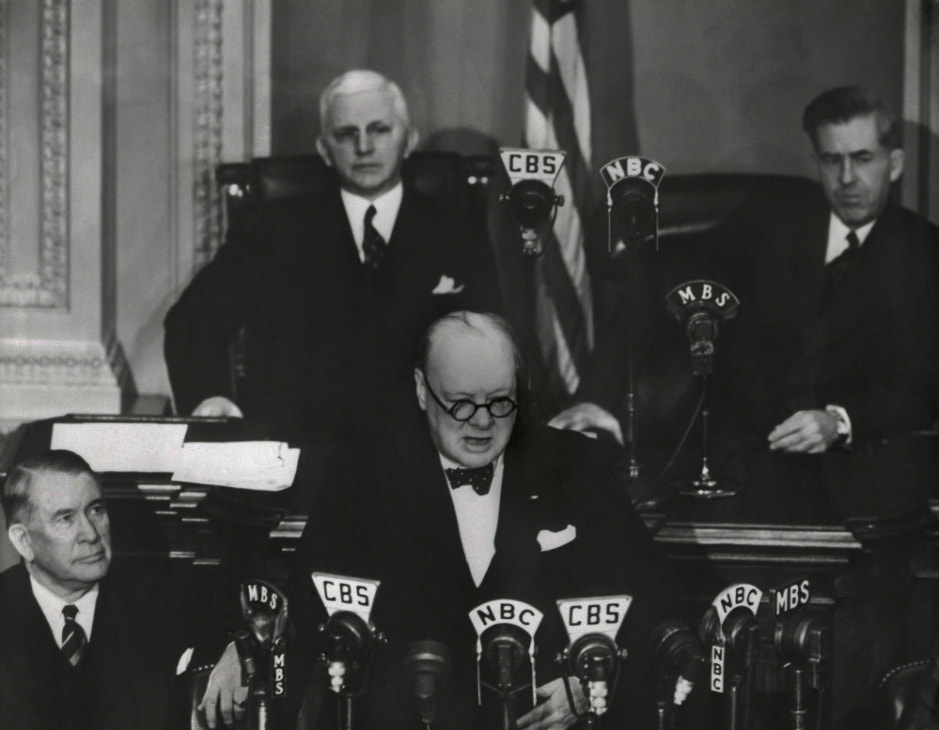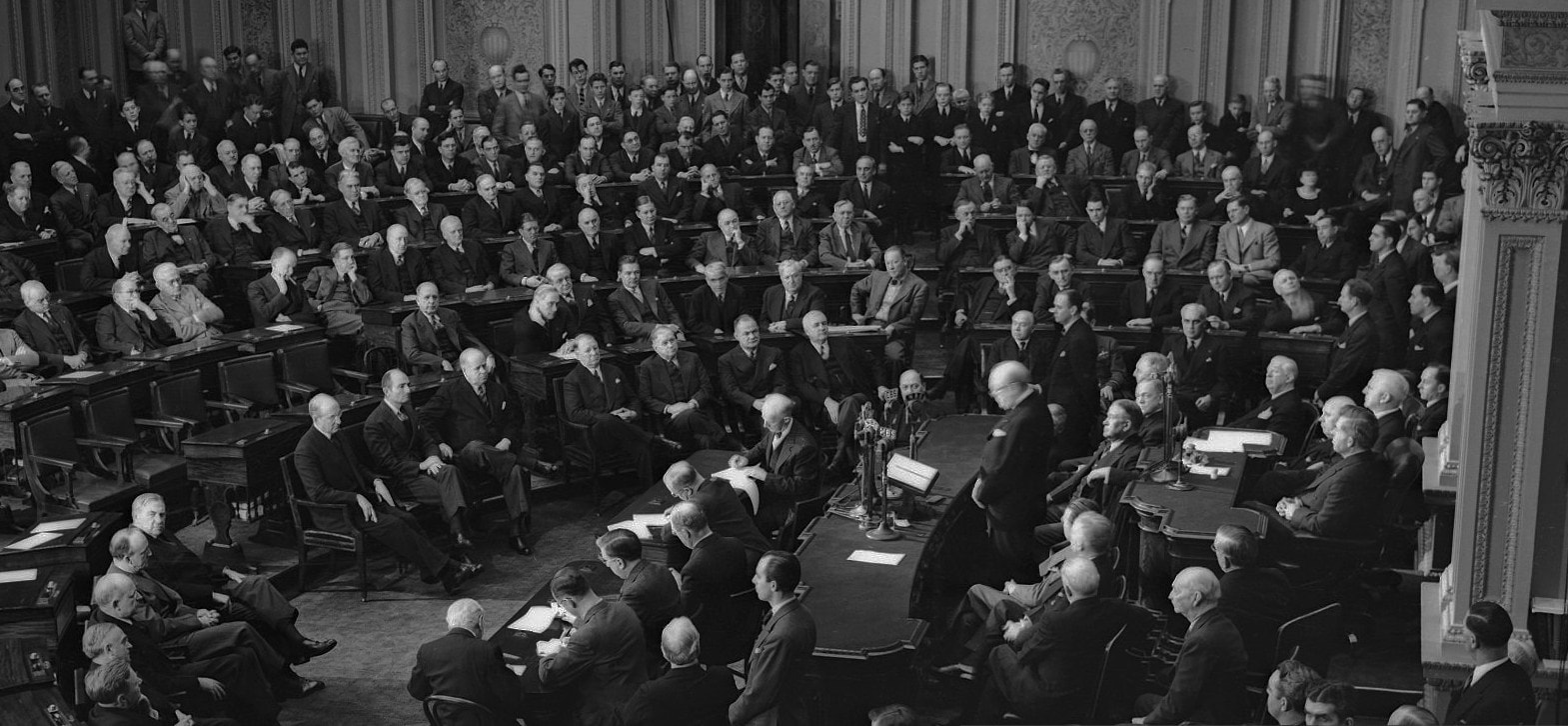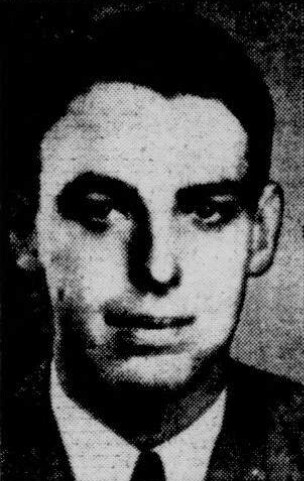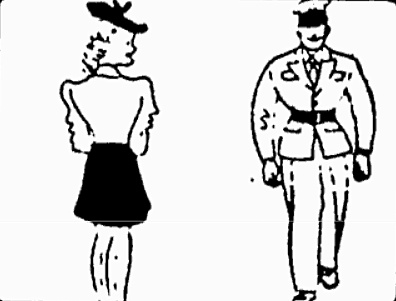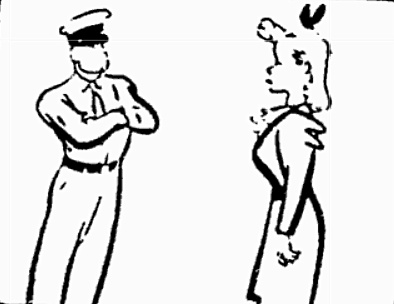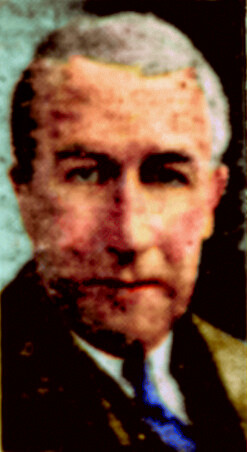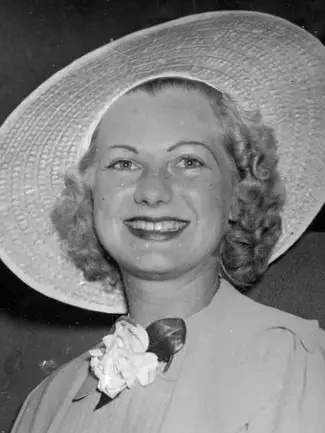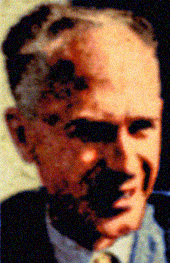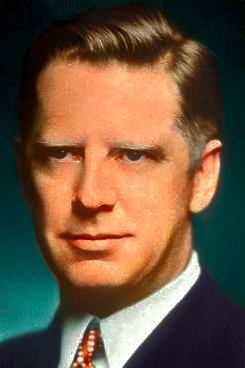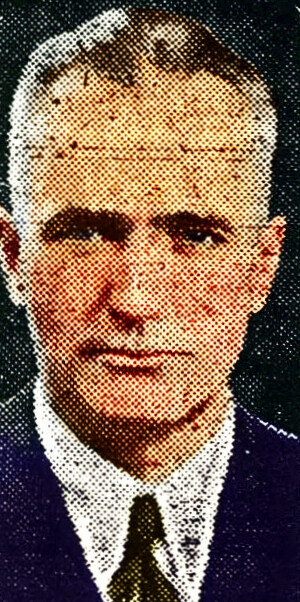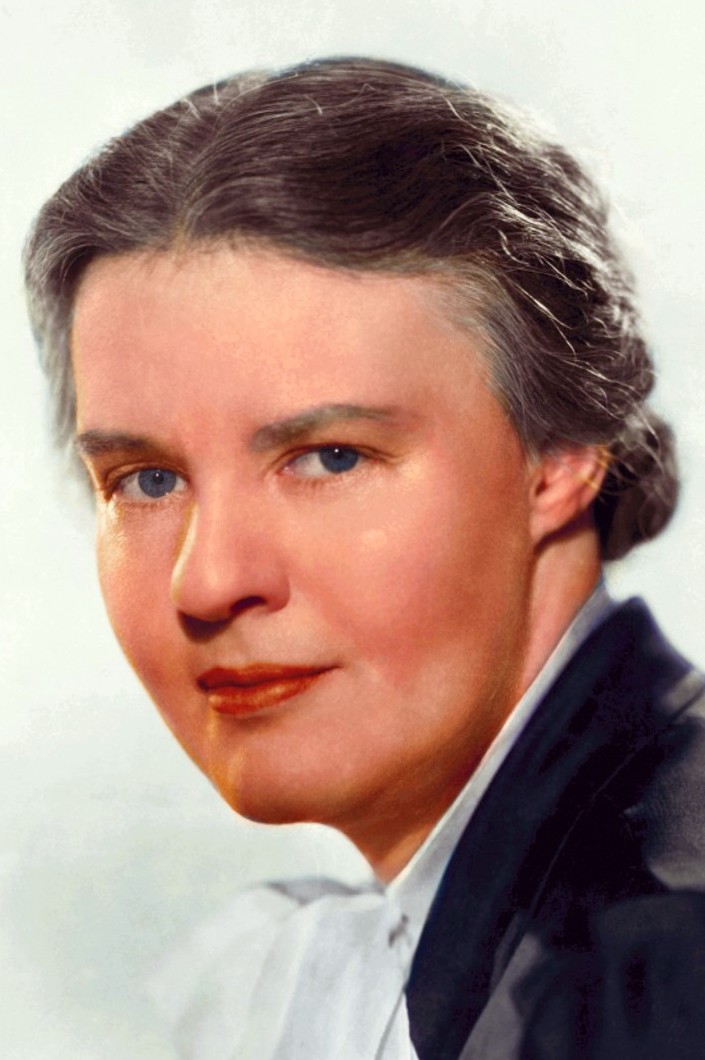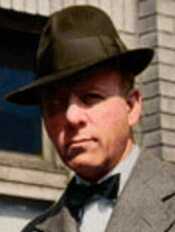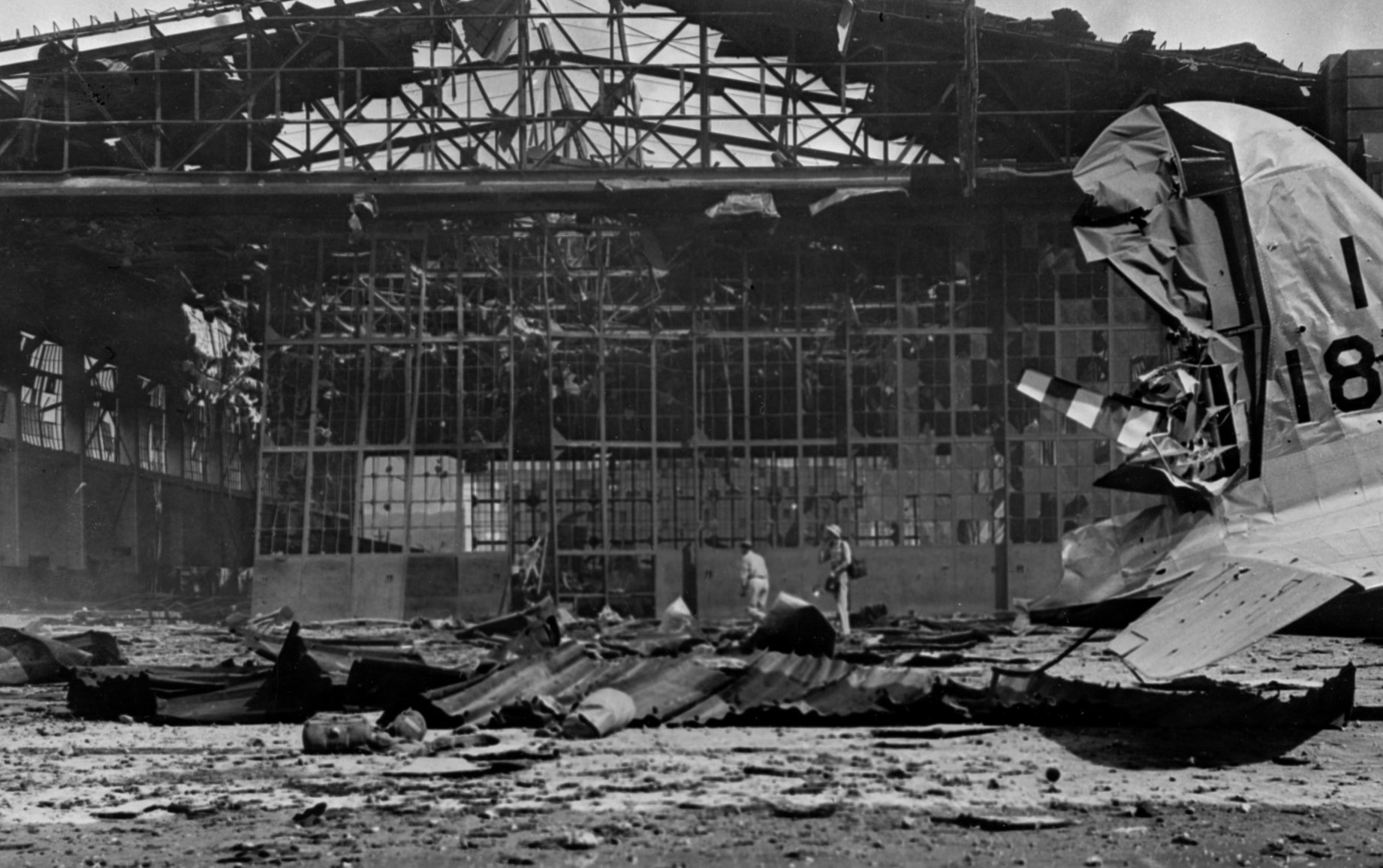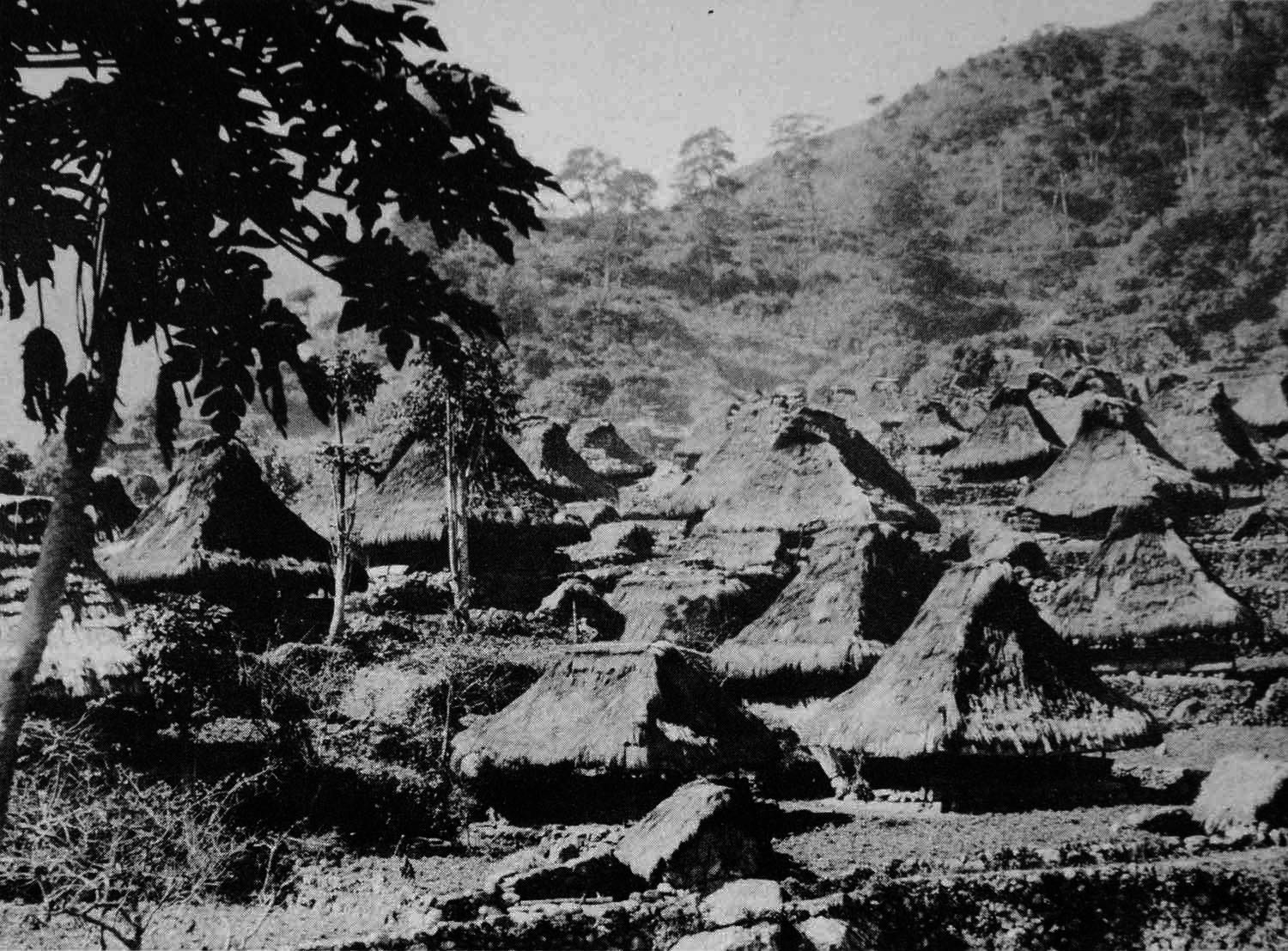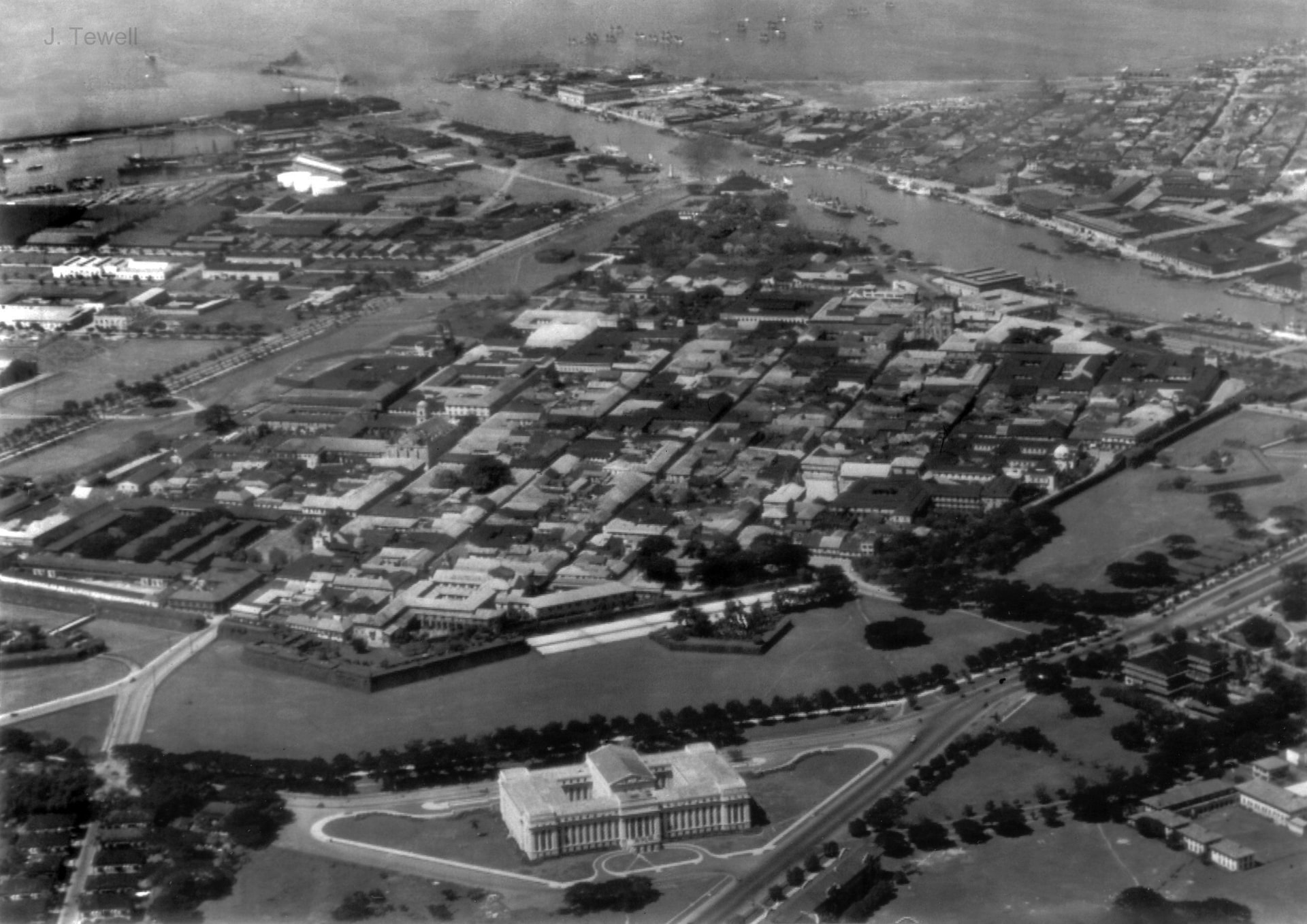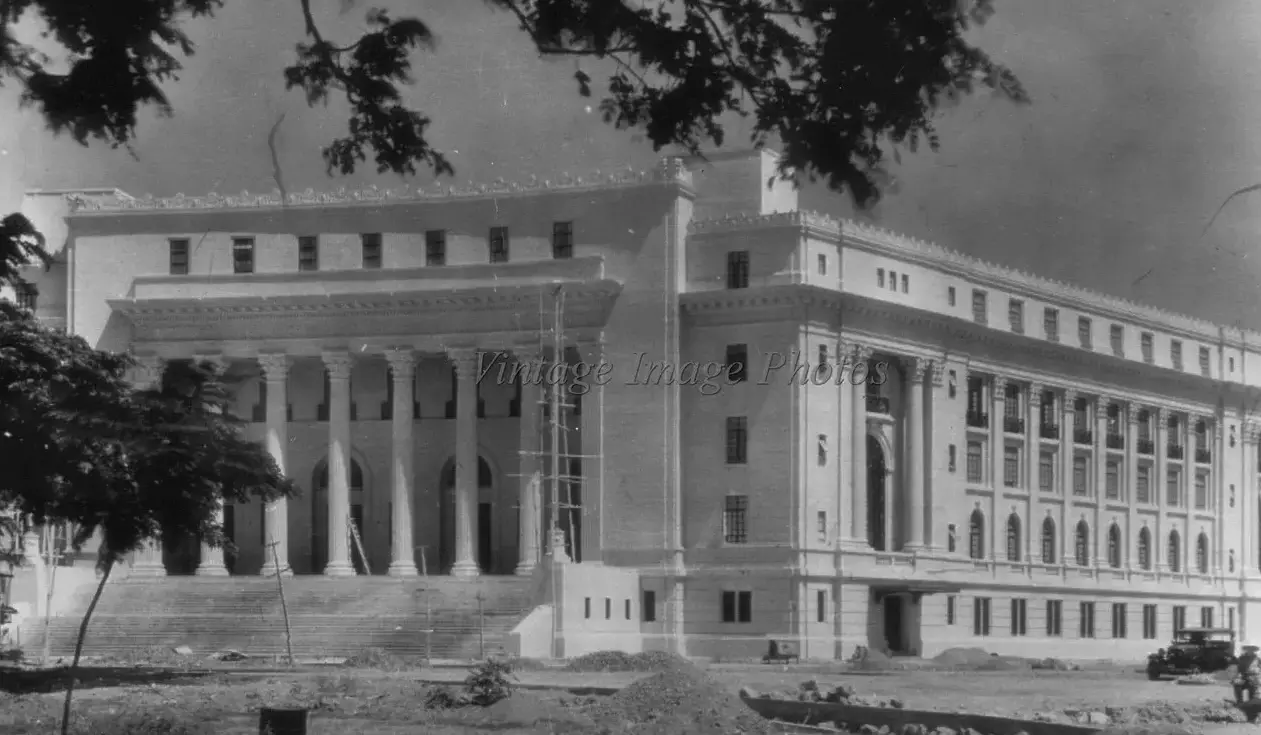The Evening Star (December 26, 1941)
WAR TIDE TO TURN BY 1943, CHURCHILL SAYS
Prime minister tells Congress results to be surprise to Axis
Leader certain democracies can win world peace
By G. Gould Lincoln
Prime Minister Churchill today told Congress that “the end of 1942 will see us quite definitely in a better position” and “the year 1943 will enable us to assume the initiative upon an ample scale.”
He predicted that in a year or 18 months the flow of munitions in the United States and Britain will produce results in war power “beyond anything that has been seen or foreseen in the dictatorship states.”
Churchill addresses historic Congress session
This picture of Prime Minister Churchill addressing today’s session of Congress in the Senate chamber was taken with a telephoto lens from the gallery. Behind Mr. Churchill in the Senate rostrum are Rep. Cole of Maryland, Speaker pro tempore (left) and Vice President Wallace. At lower left is Majority Leader Barkley. (AP)
Both serious and jolly as he stood before a battery of radio microphones on the platform of the Senate. Britain’s prime minister aroused his audience to alternate high pitches of enthusiasm and mirth.
Turning to the unity in which the British and the Americans find themselves today, Mr. Churchill said solemnly that “prodigious hammer strokes have been needed to bring us together.”
Churchill flashes ‘V’ sign as Congress roars approval
By the Associated Press
Winston Churchill raised his fingers in a “V”-for-victory sign today as he left the Senate chamber after his historic address.
The prime minister sat down when he completed his speech. Several minutes of applause and roaring approval followed.
Then, as he left the rostrum, Mr. Churchill held up his right hand with the first two fingers forming the “V” and the crowd roared.
Certain of victory
“It is not given us to peer into the mysteries of the future,” he concluded. “Still I avow my hope and faith, sure and inviolate, that in the days to come the British and American peoples will for their own safety and for good of all walk together side by side in majesty, in justice, and in peace.”
Answering critics who have asked why the British and the United States were not better prepared in the Pacific Ocean to meet the attacks launched by Japan, Mr. Churchill said that the British at war had to decide whether it was better to send supplies to Libya or to Malaya and the United States had to decide whether to furnish supplies to Hawaii and the Philippines or to give them to those already fighting the Axis powers.
History, he said, will prove that both nations were right in the choice made.
The British prime minister, speaking of the attacks launched by Japan on Great Britain and the United States, said:
“What kind of a people do they think we are? Is it possible they do not realize that we shall never cease to persevere against them until they have been taught a lesson which they and the world will never forget?”
Would rather know truth
Mr. Churchill said the American people would not be downhearted because he, like President Roosevelt, spoke of a long war and hardships to come.
“Our peoples would rather know the truth,” he said emphatically.
Not all of the tidings from the war would be evil, he continued. He spoke of the great strokes delivered already by the Russians, and was loudly applauded when he mentioned Russia. He told of the victory which the British are pressing home in Libya today and predicted it would be complete. He drew laughter when he said:
“The boastful Mussolini has crumpled already.
“The lifeline of supplies which join our two nations across the ocean is flowing steadily and freely in spite of all the enemy can do.”
The British Empire, which many thought 18 months ago was ruined, is today “incomparably stronger and is growing stronger every month,” the prime minister asserted.
“The best tidings of all is that the United States, united as never before, has drawn the sword for freedom and cast away the shadow.”
Mr. Churchill read his address to the Congress and its guests, but it lost nothing in the reading. The inflections of his voice, solemn, light and occasionally cutting, were all there.
Standing with his hands on his hips the leader of the British Commonwealth declared that he was sure the House of Commons approved “very highly” his trip to Washington for conversations with President Roosevelt aimed at close integration of the united American-British war effort.
Calls experience thrilling
Mr. Churchill evoked applause telling Congress it was “one of the most thrilling” experiences in his life. Then in his dry way he said: “That life has been long and not entirely uneventful.”
“It is reasonable to hope the end of 1942,” he said, “will find us quite definitely in a better position than now, and the year 1943 will find us able to take the initiative on an ample scale.”
The prime minister quickly asserted, however, that whether deliverance comes in 1942, ‘43 or ‘44, “with unconquerable will power, salvation will not be denied us.”
“Mighty blows have been dealt the enemy,” the prime minister continued. “The glorious defense of their native soil by the Russian Army and the people…” Mr. Churchill’s remaining words were drowned in an outburst of applause over the reference to the Red Army’s successes. The applause rang into the ears of Russian Ambassador Maxim Litvinoff, sitting nearby.
The youth of Germany, Japan and Italy had been taught, the Britisher said, that aggressive warfare was the duty of the citizen and should begin as soon as the weapons were available.
“They have plotted and planned for war,” he charged.
The prime minister cautioned against underrating the “severity of the ordeal” which lay ahead for both Britain and the United States.
‘Wicked men’ fear results
Assailing the “wicked men” who had brought evil forces into play, Mr. Churchill said they “know they will be called to terrible account if they cannot beat down by force of arms the peoples they have assailed.”
Reviewing the recent successful British campaign in Libya, Mr. Churchill said that because of the difficulty of supply the British were not superior in numerical man power and had to prepare for the drive with adequate mechanical weapons, including some American planes and tanks. Referring to the Axis forces, he added:
“For the first time we made them feel the sharp edge of the tools with which they have enslaved Europe.”
Commenting further on the Libyan advance, the prime minister said he was glad to be able to say to the members of the Senate and House, “as you are at the start of this war that with proper weapons and proper organization we can beat the life out of the savage Nazi.”
He said that if the United States had built up the air forces and naval forces and supplied them with munitions in the Pacific as it might have done, it would not have been possible for the United States to give the arms to Britain and the help to Britain which it has in the Atlantic.
He said that many persons were surprised that Japan should have attacked both the United States and Great Britain in a single day, that it appeared an “irrational act.” He said, however, that, the Japanese had made careful preparations for the attack and doubtless felt they had taken a wise course.
Societies enforced will
There was another possible explanation, he said. He pointed out that Japan had been dominated by “secret societies” in recent years which had enforced their will on the Japanese government and the Japanese people by terrorism.
It may be, he said, that these societies have forced their country into the war, even unwillingly. However it came about, he continued, Japan has “embarked on a very considerable undertaking.”
The understatement in this remark drew laughter from the floor and the galleries. Mr. Churchill said “when we look at the resources of the United States and Great Britain compared to those of Japan it becomes still more difficult to understand the attack.”
He added, also, the resources of China, “which has so long with stood Japanese invasion.” His mention of China was greeted with loud applause.
‘Pestilence’ must not spread
Mr. Churchill said that if this country and Great Britain “had kept together after the last war” and if they had prepared “this renewal of the curse would never have fallen upon us.”
He said that in the future the germ centers of hatred and revenge would be treated in good time and that “the pestilence would not be allowed to spread.”
He said that if the United States and Great Britain had insisted five or six years ago upon the fulfillment of the treaties of peace made after the last war, the present war would not have occurred, and he added that this could have been done by the United States and Great Britain without a drop of blood being shed.
The supply lifeline from the United States across the Atlantic Ocean to Britain – far from being decimated by enemy attack – was “incomparably stronger” than ever before and was growing even stronger, he said.
Enemies are ‘enormous’
Mr. Churchill said that in Washington he found in these momentous days “a well-grounded confidence in the final outcome.”
“We in Britain had the same feeling in our darkest days,” the prime minister added.
The forces arrayed against Great Britain, Russia and the United States are “enormous,” he continued. He said they know they will be called to a terrible accounting if they cannot beat down the peoples they have attacked.
On the other side of the picture, he said, our resources in man power are greater, “but as yet only a part of your resources are mobilized.” He reminded the audience that some ground will be lost at the start that will be hard to retake. The enemy, he said, plotted and planned for war for years, and this, naturally “placed Britain at first and now you at an initial disadvantage.”
Looking back over the situation early last year, Mr. Churchill said, “If Germany had tried invasion of England in June of 1940, and Japan had declared war at the same time, no one can say what disaster may have befallen us.”
The victims of Axis aggression, therefore, are thankful for the time that has been allowed them to grow stronger, he said.
Might have been in Congress
The prime minister said the occasion of his speech today was one of the most thrilling that had ever come to him in an already long life not entirely without excitement.
“If my father had been an American, and my mother an English woman instead of the other way around,” said Mr. Churchill early in his speech, “I might have gotten here on my own.”
This brought immediate laughter from the assembly.
“In that case,” he continued, “this would not have been the first time you would have heard my voice.”
The prime minister said that he by no means felt “like a fish out of water,” that he had dealt with the House of Commons in England for many years. He recalled that he used to see his father there in Victorian days, and he said that he had “been in full harmony” in all the struggles against privilege.
“The House of Commons could remove me any day,” said Mr. Churchill, “but I’m not worrying about that. I am sure that it will approve my journey here in order to meet with the President of the United States and map out military plans for both our nations.”
Praises United States solidarity
Mr. Churchill said that he had been delighted to find a great breadth of view in this country, where one might have expected to find an excited and self-centered nation. He praised the solidarity of the United States, which he said had just been attacked by the most powerful armed powers in Europe and in Asia.
The prime minister was escorted into the Senate chamber by a committee of Congress composed of Sens. Barkley of Kentucky, McNary of Oregon, George of Georgia, and Reps. Boehne of Indiana, Bloom of New York and Michener of Michigan.
Seated directly in front of the Vice President’s desk were members of the Supreme Court, members of the Cabinet and Lord Beaverbrook, who came to this country with Mr. Churchill.
The Capitol, from early morning, was closely guarded. Cordons of police were outside the building, and in the Senate wing. In addition, the Army arrived on the scene and sentries were stationed.
Curious crowds assembled and watched the Senate entrance from a distance across the Plaza. Five hundred or more had gathered there an hour before the prime minister was to arrive.
Entrance to the Senate galleries was by card especially prepared for the occasion. They were sought avidly by nearly everyone in Washington who knew a member of the Senate, and by officials of the government. Women predominated, among them senators’ and representatives’ wives, the wives of the cabinet officers and other high officials.
Special seats arranged
Special seats were arranged on the floor for guests of the Senate, and the galleries were crowded with those who had been fortunate enough to obtain tickets for the historic occasion.
When the Senate met at noon for its formal opening, the galleries were fairly well filled, although Mr. Churchill was not to speak until 12:30. By the time the address began, the entire chamber was filled to overflowing.
Congress hears Churchill predict Allied offensive
Prime Minister Churchill today assured Congress that by 1943 Britain and the United States will be ready to “take the initiative on an ample scale.” At the joint congressional session in the Senate chamber members of the Supreme Court were seated in left section of the first semi-circular row. Members of the cabinet, in center section, were (L-R) Secretary of the Treasury Morgenthau, Attorney General Biddle, Postmaster General Walker, Secretary of the Navy Knox, Secretary of the Interior Ickes, Secretary of Agriculture Wickard and Secretary of Commerce Jones. In right section (L-R) were Lord Beaverbrook, British Minister of Supply; an unidentified officer and Paul V. McNutt, Federal Security Administrator. (AP)
Cameras were taken away from visitors, but for the first time, a broadcast from the chamber was arranged. Motion picture cameras, never permitted previously, were set up.
After naming the committee to escort the prime minister into the chamber, the Senate stood in recess for the unusual joint meeting of the two branches.
Although the prime minister addressed the members of Congress in recess, unanimous consent was granted by the Senate to have the proceedings printed in the Congressional Record and as a Senate document.
At 12:12, the members of the House entered the Senate, having marched in a group from their end of the Capitol. They were led by Rep. Cole, D-Maryland, acting speaker in the absence of Speaker Rayburn, and by Sergeant at Arms Kenneth Romney.
Despite the fact that many senators and representatives had gone home for Christmas, both houses had unexpectedly large delegations present.
Among the first diplomats to arrive were Lord Halifax, the British ambassador, and Mr. Litvinoff. They sat side by side.
Mr. Churchill stood in the same spot from which King Albert of the Belgians addressed the Senate and its guests on October 22, 1919, and from which Prime Minister Ramsay MacDonald of Great Britain delivered an address on October 7, 1929.
On neither of these occasions, however, was there the same breathless interest as today, with America at war beside England and the prime minister here planning with President Roosevelt the supreme war effort of the two nations.
MacDonald’s address
When Mr. MacDonald addressed the Senate, he had come here soon after the signing in Paris of the Kellogg-Briand Pact to outlaw war. In his address to the Senate Mr. MacDonald said:
“I have come in consequence of one great event that I believe will stand up like a monument in history, the event was the signing of the Pact of Peace in Paris – the Pact of Peace in the construction of which America played such a significant and such an honorable part. America united with France – Mr. Kellogg alongside of Mr. Briand – gave the world that renewed hope and renewed energy which is encouraging us to gird our loins with more determination than ever before and pursue the path of peace.”
More recently the Senate was addressed by the late governor general of Canada, Lord Tweedsmuir, who spoke here April 1, 1937.
JAPS INTENSIFY TWO-WAY DRIVE ON MANILA
Foe repulsed in Lingayen Gulf battle
Tank fight in south takes heavy toll; sinkings confirmed
Posted at 5:50 p.m. (3:50 a.m. EST)
MANILA (AP) – Japanese invaders have intensified a two-way assault on Manila, with an artillery fight northwest of the capital and a tank battle to the southeast, where Japanese pressure has been increased, an Army communique declared late today. Casualties were reported heavy in the tank battle.
The war bulletin was the last issued from the U.S. armed forces of the Far East headquarters here before all staff officers left Manila, declared officially to be an open city to spare its residents further bombardment.
In Washington, the War Department reported repulse of repeated enemy assaults on the main fighting line near Lingayen Gulf, in Northern Luzon, in the Philippines.
A communique said Gen. Douglas MacArthur had advised that he had reorganized and strengthened the positions held by American-Filipino defending forces in this area, about 120 air miles north of Manila.
The Navy today confirmed the sinking by the Asiatic Fleet of one enemy transport and a mine sweeper and probably an additional transport and seaplane tender. The sinkings occurred yesterday.
Aerial activity continues
Japanese aerial activity over the city continued through most of the day, however, with one siren-sounded alarm after another.
Two waves of Japanese planes, 17 in all, cruised over the city for more than an hour, beginning at 6:20 p.m., in the day’s fifth raid alarm.
Some bombs were dropped outside of the city, but for the most part the planes, flying low, appeared bent on observation to test the announcement that Manila is not a military objective.
The Japanese bombers appeared to be striking beyond the city itself at military bases nearby. Suburban Nichols Airport was one of their objectives.
The Army communique described aerial activity over the capital during the preceding 16 hours as “very brisk.”
All soldiers and sailors had been moved from Manila by this afternoon in accordance with the announcement that the city was not defended. Anti-aircraft batteries were dismounted and unmovable military stores destroyed.
For the first time since the war started, no tanks or other motorized equipment moved through the city streets.
The Japanese-controlled radio at Saigon said in a broadcast heard in Los Angeles that Japanese military leaders have recognized Manila as an open city since yesterday.
Heavy pressure by Japs
The final war bulletin from the Manila headquarters said “there has been very heavy pressure by the enemy on the southeastern front” where the Japanese are attacking toward Manila from their Lamon Bay beaches 55 to 75 miles from the capital.
“Tank battling on that front,” the communique said, “has resulted in heavy casualties on both sides.”
It repeated an earlier war bulletin that enemy action on the northern front, some 110 miles from Manila, was largely “heavy and concentrated artillery fire.”
An Army spokesman said investigation had disclosed that there had been no Japanese landing at Nasugbu, only 15 miles south of the entrance to Manila Bay, as reported earlier in Washington.
He said a special patrol sent to check the report said no troops were sighted in that section.
Heavy toll at San Pablo
Manila newspapers, meanwhile, reported that more than 100 persons had been killed in Japanese air raids on provincial towns, with the heaviest toll at San Pablo, Laguna Province, south of Manila. Santa Cruz and Los Banos, Laguna Province, also were said to have been bombed heavily, along with towns in Nueva Ecija and Turlac Provinces north of the capital.
Despite the strength of the Japanese attacks the army declared the fighting was “going well” in all sectors and Francis B. Sayre, U.S. high commissioner, pledged that “we will fight to the last man.”
An hour after Gen. MacArthur proclaimed Manila an open city the air raid sirens screamed.
However, no enemy planes appeared over the city proper and water front observers said the Japanese might be concentrating against the Corregidor Island fortress at the entrance to Manila Bay.
This belief was based on the fact that waves of Japanese planes, after circling over the city, flew to the west above Manila Bay.
In one midmorning raid the Japanese bombers concentrated on a government pier in the harbor, but most of their bombs fell in the pier, killed at least two workers. A freighter tied up at the pier was not damaged.
Oil stores set afire
Some oil stores were set afire in another raid near the city. Hardest hit were installations of the Standard Vacuum Oil Co. Flaming oil spread onto the Pasig River.
The text of Gen. MacArthur’s proclamation follows:
“In order to spare the metropolitan area from the possible ravages of attack either in the air or on the ground, Manila is hereby declared an open city without the characteristics of a military objective.
“In order that no excuse may be given for a possible mistake, the American high commissioner, the commonwealth government and all combatant military installations will be withdrawn from its environs as rapidly as possible.
“The municipal government will continue to function, with its police powers reinforced by constabulary and troops so the normal protection of life and property may be preserved.
“Citizens are requested to maintain obedience to the constituted authorities and continue the normal process of business.”
Sayre transfers office
As soon as the order, which was dated December 24, was announced, Mr. Sayre said he was transferring his office outside Manila.
Mr. Sayre declared that “we know our fight is America’s fight. America’s help is sure. There can be no shadow of question as to the ultimate victory.”
President Manuel Quezon announced he was leaving Manila on the advice or Gen. MacArthur, and would administer affairs of the civil government from the outside.
A noon communique acknowledged increasing Japanese pressure on the southeastern front from Atimonan, 75 miles southeast of Manila, to Mauban, on the Lamon Bay 30 miles above Atimonan.
The communique said:
“Action on the northern lines was confined to artillery dueling.
“On the southeastern front, from Atimonan to Mauban, the enemy pressure is increasing.”
Japs reach Tuguegarao
Earlier it was reported the Japanese driving southward from Aparri, on the northern coast of Luzon, had reached Tuguegarao, 50 miles inland, and that it was planned to declare the summer capital of Baguio an unfortified and open city.
Observers said Baguio already might have been occupied by Japanese driving across the mountains from the Lingayen landing zone on the west coast.
At 8 a.m., the Army spokesman declared “our line is still holding on both the north and south fronts, although Japanese pressure is continuing. No additional landings have been reported.”
Newsman dodges bullets, Japs all way from front to Manila
Reporter a mass of mud after return from Lingayen
By Russell Brines, war correspondent
Clark Lee, bearded and muddy, walked into the Associated Press office in Manila on Christmas night, grabbed a typewriter and wrote a story. Mr. Lee, a native of Oakland, California, a newspaperman since his college days, wrote the first detailed, eyewitness account of the Japanese invasion along Lingayen Gulf. Mr. Lee’s personal experiences in gathering the story were related to a co-worker.
Clark Lee
MANILA – Big, genial Clark Lee was a mass of mud. Even his four-day growth of beard was matted.
Four days earlier when he departed for the Lingayen battlefront he was dressed in immaculate whites. Now he wore a borrowed khaki shirt and denim trousers. He had no socks. Ditches had served him as air raid shelters after repeated Japanese air attacks on his car.
He looked every inch a dramatic story, and he had one – a yarn of personal experiences to top that of any newspaperman in the Philippines in this war.
Japanese bombs were a constant overtone in his recital. Dozens of times Mr. Lee and two friends had to abandon their car in the middle of the road near the battlefront and dive for cover on the way out.
On their way back to Manila, the party reached the mountains just as a Japanese column began marching up the back mountain roads. Through the darkness Mr. Lee and his companions followed a winding road leading down the other side of the mountain to the Manila highway.
In middle of a fight
They almost had reached the bottom, in a narrow canyon, when suddenly they found themselves in the midst of a skirmish between several truckloads of Filipino soldiers and a squad of assailants hidden in the darkness across the canyon.
Bullets splattered overhead as Mr. Lee’s car tried to get through behind the trucks. The fighting went on for a long time before Mr. Lee quit his vantage point and decided to try to reach Baguio. But both roads leading there were blocked.
The next morning Mr. Lee and his friends followed a long caravan of Americans and Filipinos heading into the rugged mountains. At the end of a dirt road, they set fire to their car in order to keep it out of the hands of the Japanese, and then struck off on a series of narrow trails into wild, “indescribably beautiful” country.
But Japanese bombers gave them a sendoff.
Hung over a cliff
“I jumped behind a rock, seeking shelter from the shrapnel – and found myself suspended over the edge of a 200-foot precipice,” said Mr. Lee. “It was all right, because I had a good hold on the rock. But it was a funny feeling to be hanging there.”
Using Igorot native boys as guides, they followed the mountain trails that whole day, and toward dusk reached a small village. The village headman took one look at the strange visitors, disappeared, then returned in what he apparently considered was the proper dress – three silk shirts and a coat, despite the heat, but below the waist only a native loin cloth.
Mr. Lee and his friends spent that night in the headman’s house, a thatched, two-story structure set upon stilts. The windows in their room were closed tightly, and there was no light, for the headman explained that even in this remote region blackouts were enforced.
Suspected as spies
Later Mr. Lee, who had gone downstairs for a breath of air, met a Belgian priest who had spent many years alone among the tribesmen.
“Be careful,” he warned. “These people suspect you; they think you’re spies sent here to bring them an air raid. Don’t show any light – and you’d better hide if any planes should come over.”
After taking a look at the wicked bolos (knives) which all the Igorots carry, the party spent an apprehensive night, imagining they heard plane motors every time the wind whooshed overhead. But no planes appeared, and in the morning even the bolos looked less ominous.
The headman supplied a guide this time, who took the party on a trail that led first along the brink of a mountain, where the agility of a mountain goat came in hand, then dropped down to a swiftly-flowing river. For “miles and miles” they followed this canyon, fording the river at least 16 times – taking their shoes and socks off the first few times, but finally just sloshing through the water without bothering to remove them.
Mine blows up car
At dusk the party reached a small lowland town where, after showing their credentials to the suspicious police, they were allowed to catch a ride on a slow-moving, horse-drawn cart that formed part of a column.
Suddenly there was a shattering explosion. The car just ahead of Mr. Lee’s was blown up by a land mine.
By now Mr. Lee and his mates were sure they had exhausted their allotment of close shaves. More at ease, they hopped an Army truck which took them to a main railway center, and there they boarded a train for Manila the next morning.
Ordinarily this is a pleasant trip through the rice paddies. But this time their train was halted six times as low-circling Japanese bombers appeared overhead. Once they sat in on a bitter duel between an anti-aircraft battery and a formation of 27 Japanese bombers.
Finally safe in Manila, Lee learned that 15 minutes after he had boarded the train for the capital the station from which it departed was smashed by the Japanese, with 21 dead and scores wounded.
